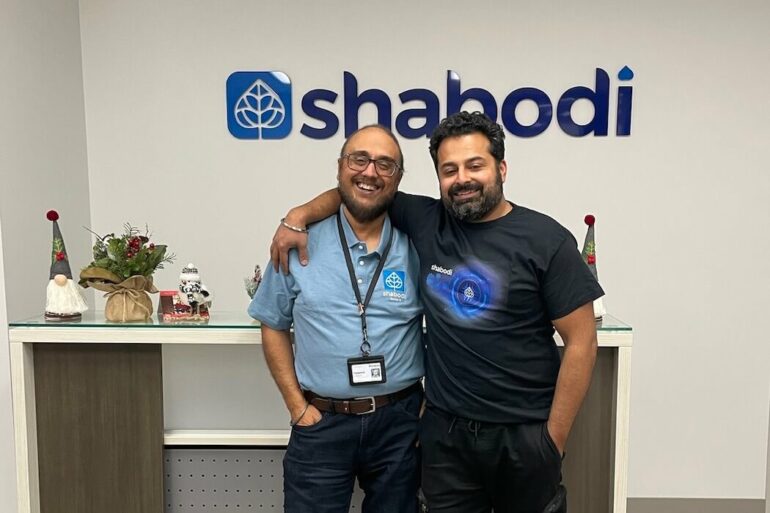Shabodi has raised $13.9 million CAD ($10.3 million USD) in a Series A round on its mission to simplify 5G applications deployment for developers.
The startup’s founders believe that their technology is well-timed to make a splash in the market given the digitally-transformed world of COVID-19 testing the limits of existing networks.
“[COVID-19] kind of pushed 5G … because the existing networks were basically stretched,” Shabodi co-founder and CEO Vikram Chopra told BetaKit in an interview.
“What people are ignoring is not the network, [it is] what solutions and applications can you build on top.”
Toronto-based Shabodi’s round came mainly from existing investors from the company’s seed financing last year, all of which are American.
CEAS Investments and SineWave Ventures led the Series A round. It also included participation from prior lead investor Blumberg Capital, Counterview Capital, Green Egg Ventures, Maccabee Ventures, Supernode Ventures, and Vishal Gupta, an executive at Internet of Things (IoT) company Lexmark.
5G Open Innovation Lab, a United States-based global lab for companies focused on 5G, also invested in the round after Shabodi took part in its program earlier this year.
Created by two former Microsoft leaders, the lab helps 5G-focused startups with things like proof of concept and go-to-market, and provides the opportunity to co-develop 5G solutions with industry players like Microsoft, T-Mobile, Dell Technologies, Ericsson, and Nokia.
This year also saw Shabodi participate in the National Security Innovation Network, a program run by the United States (US) Department of Defense that helps startups build commercial relationships with the US government.
Chopra called his company’s participation in the programs pivotal in helping to “embed” Shabodi in the 5G ecosystem, and set it on a go-to-market path.
Founded in 2020 by Chopra and CTO Harpreet Geekee, Shabodi is developing application programming interfaces (APIs) to simplify 5G application deployment for developers. 5G networks began rolling out globally in 2019, and are seen as beneficial in helping to develop enterprise technologies like FinTech and IoT.
Chopra likened Shabodi to Stripe. “Think of us as the exact same thing, trivializing [the] complexity of 5G for application developers.”
“4G was the consumer revolution with Google Meets, Uber, DoorDash, Netflix, SkipTheDishes – a bunch of applications we all used during the pandemic, they wouldn’t be possible without 4G … What makes 5G different is it’s not a consumer play,” said Chopra. “This is where when you’re hearing buzzwords about the metaverse and Web 3.0, those will come, but the consumer use cases are a couple of years away. 5G is all about enterprise.”
The CEO argued that the advanced programmable nature of 5G – as well as Advanced LTE, Wifi 6 and 6G – make it easier for companies to innovate, but Shabodi is about making that process even simpler.
“Private 5G promises to empower businesses with the speed and security they need to transform customer and employee experience,” said Joe Beatty, a long-time telecom entrepreneur, and angel investor in Shabodi.
Beatty joined Shabodi’s board as part of this latest round as a representative for CEAS Investments. “The company’s Application Enablement Platform is timely,” he said. “Many global enterprises have already started planning 5G deployment and are either already looking or will soon look for solutions to maximize its use and ROI.”
Another aspect that could prove a boon for Shabodi is the banishment of Huawei from Canada and the US.
Huawei’s expulsion from both markets opened up space for the likes of Nokia and Ericsson to win 5G network contracts. However, Chopra noted that large industry players broadly are more focused on deploying networks and missing the opportunity to build on them.
“What people are ignoring is not the network, [it is] what solutions and applications can you build on top of that network,” he said, claiming that Shabodi is the only startup he’s seen in western countries tackling the 5G API market.
Shabodi has begun working with its first group of customers and expects those partnerships to launch in the new year. Chopra said Shabodi is seeing the most interest from companies in the manufacturing, logistics, mining, and defence sectors.
Feature image courtesy Shabodi.


